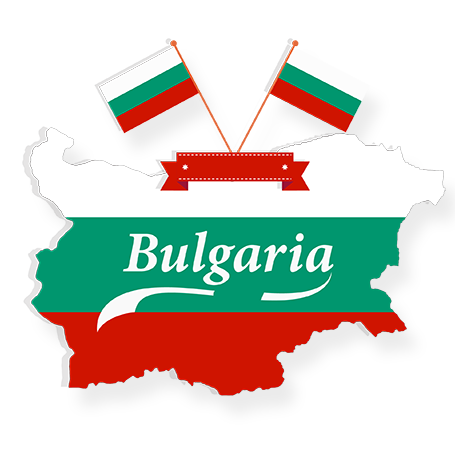Study Abroad
Study in Bulgaria
Bulgaria’s universities are known for their dynamic approach to learning, offering diverse programs that meet international standards and prepare students for success in a globalized world.
Here’s why Bulgaria is an excellent choice for international students:
- Student-Friendly Environment: Bulgaria offers vibrant, student-friendly cities like Sofia and Plovdiv, known for their warm hospitality, rich cultural scenes, and affordable cost of living, providing a comfortable environment for international students.
- Diverse International Community: Bulgaria attracts students from across the globe with its multicultural atmosphere and welcoming environment, making it a great place for cross-cultural experiences and learning.
- Emerging Academic Excellence: Universities in Bulgaria are steadily gaining recognition for their academic programs and research efforts. Many institutions focus on innovative teaching methods and have growing connections with various industries.

Programs and Their Duration in Bulgaria
Here are the programs that universities in Bulgaria offer:
| Qualification | Duration | Post-Graduation Work Rights |
|---|---|---|
| Undergraduate Degrees (such as BA, B.Sc.) | 3-4 years | Up to 1 year |
| Integrated Programs (combining bachelor’s and master’s studies) | 5-6 years | Up to 1 year |
| Taught Masters (such as MA, M.Sc., MBA) | 1-2 years | Up to 1 year |
| Research Masters (such as MPhil, MSc by Research) | 2 years | Up to 1 year |
| Doctoral Degrees (such as PhD) | 3-4 years | Up to 1 year |
This format provides an overview of typical program durations and post-graduation work rights, helping students understand their options for working in Bulgaria after completing their studies.
Cost of Living in Bulgaria
The cost of living in Bulgaria varies by city. On average, students can expect to spend between €300 and €600 per month. Major cities like Sofia and Plovdiv are generally at the higher end of this range, while living expenses in smaller towns and rural areas tend to be more affordable. This budget typically covers accommodation, food, transportation, and other daily expenses, making Bulgaria an economical choice for international students.
Academic Intake to Study in Bulgaria
Universities and colleges in Bulgaria typically offer two main academic intakes, commonly referred to as semesters. The two intakes available in Bulgaria are:
| Intake | Start Date |
|---|---|
| Winter Intake | October |
| Summer Intake | February |
This format provides an overview of the start dates for each intake, helping students plan their applications and academic timelines effectively.







